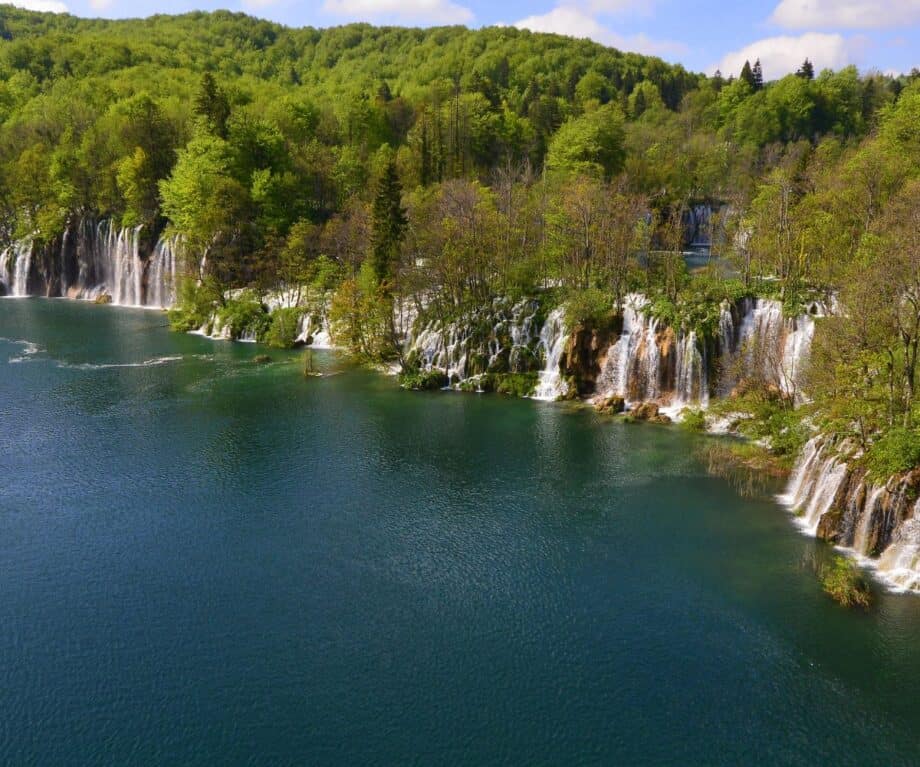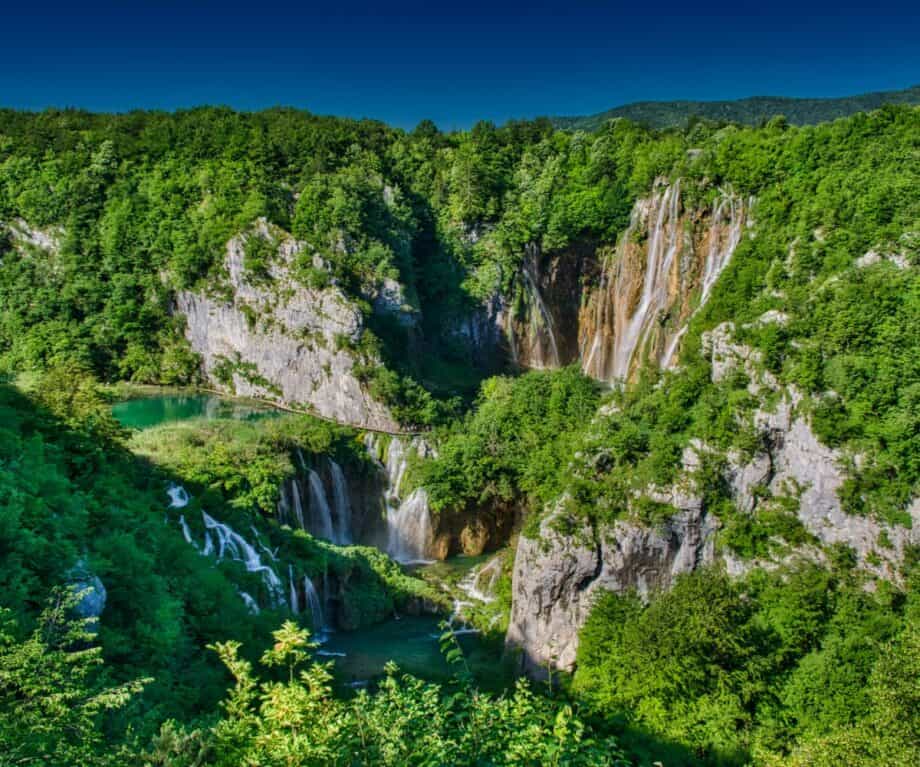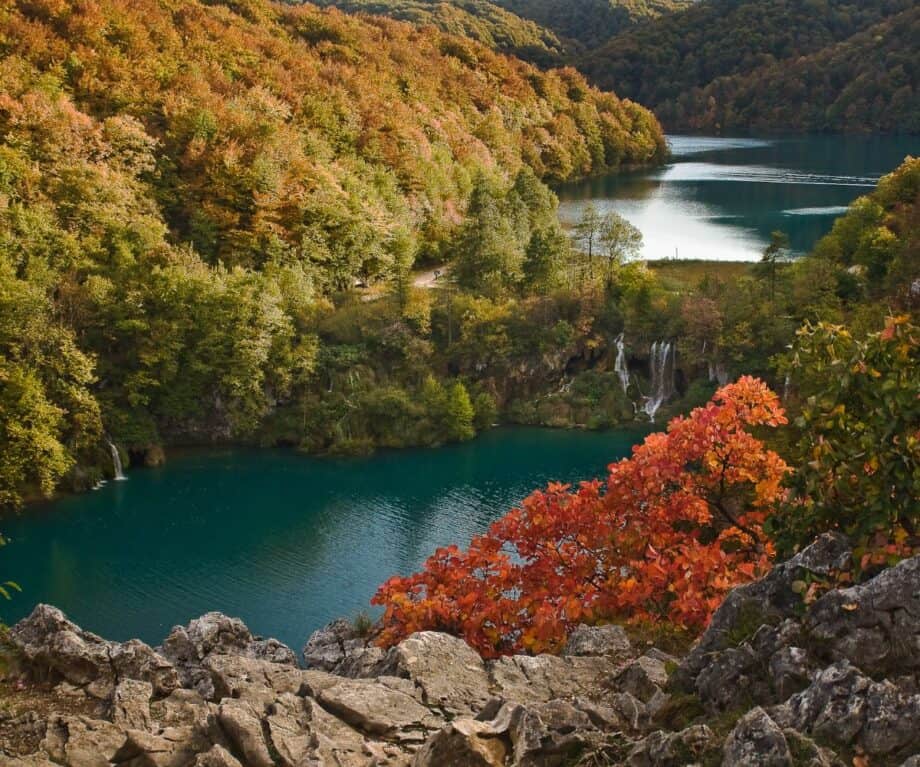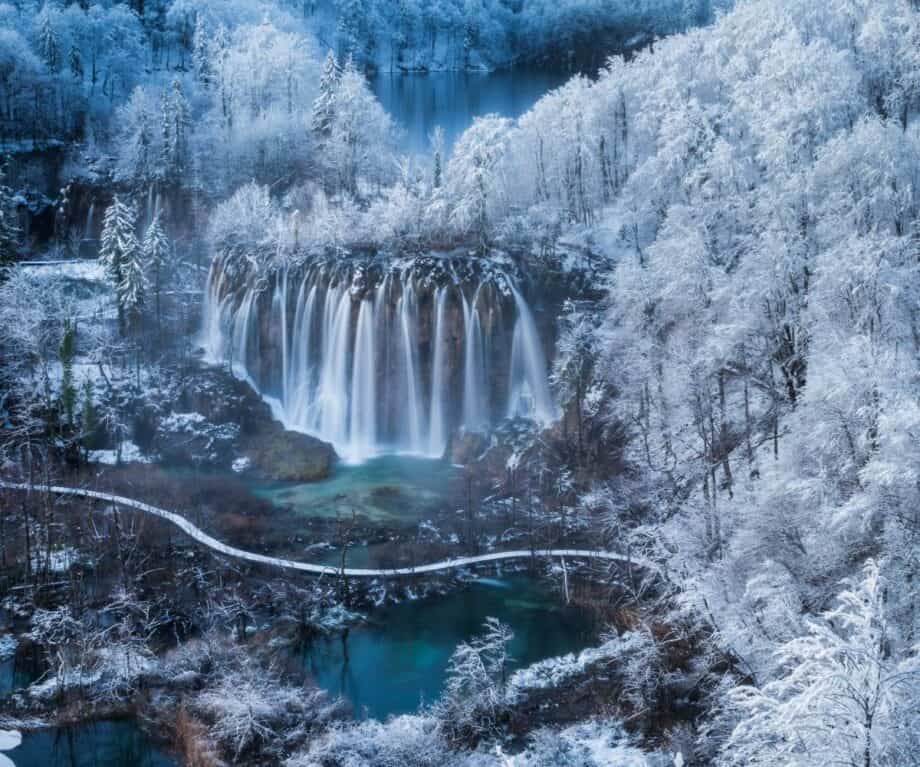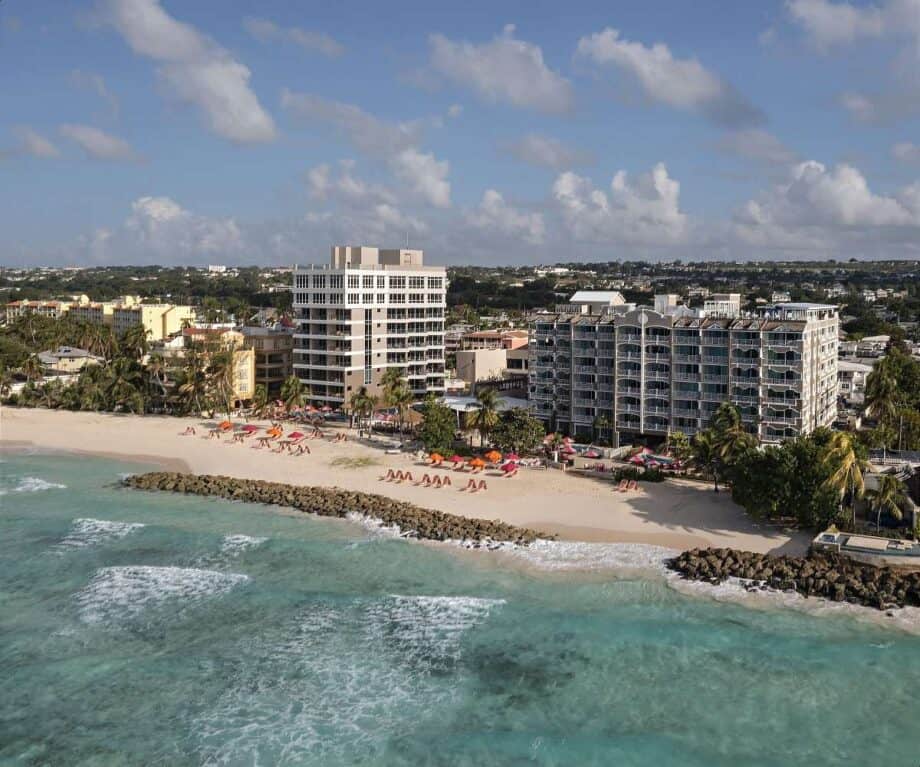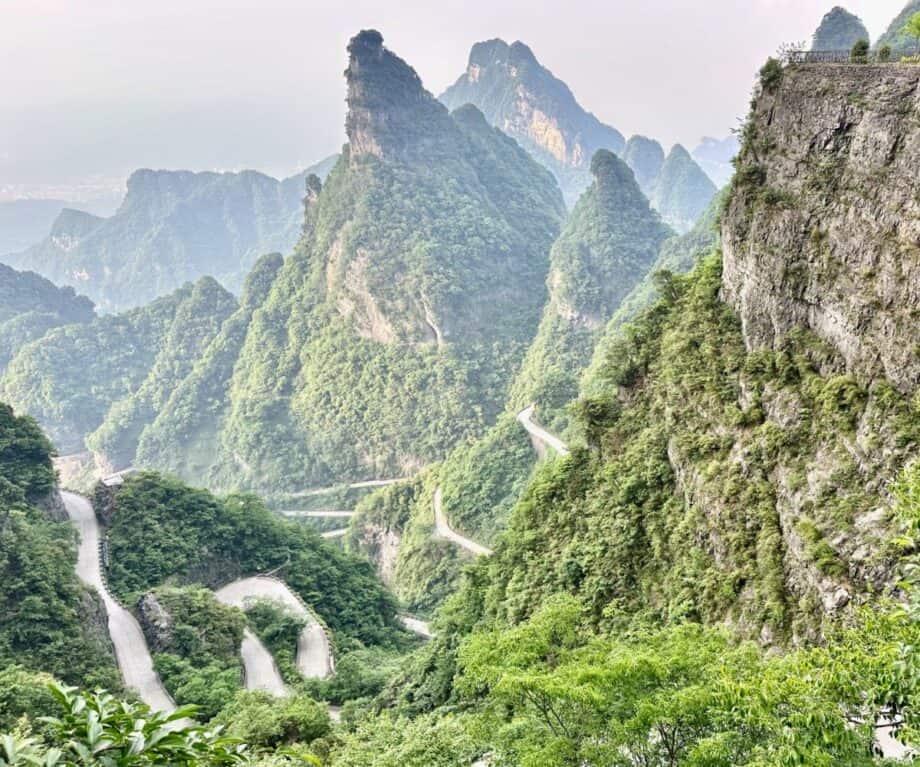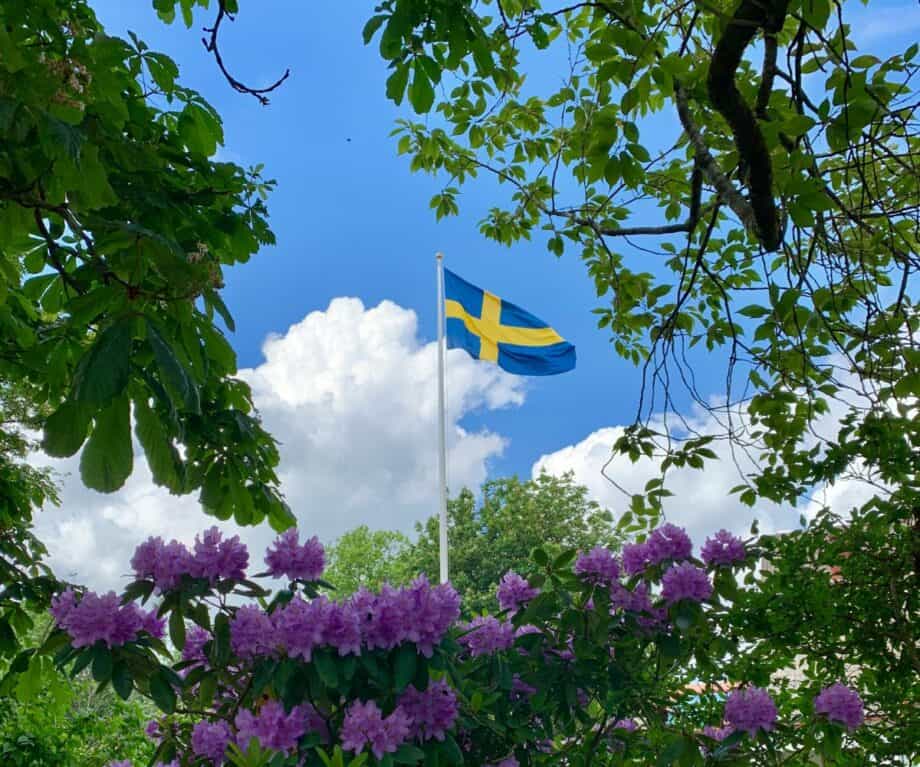Few places in the world showcase such breathtaking seasonal transformations as Plitvice Lakes National Park. On this blog, we’ll take you through Plitvice in every season — decide which one calls to you the most!
Spring
Spring at Plitvice Lakes National Park is a season of renewal. The first blooms appear along visitor trails, the air fills with birdsong, and the waterfalls, fed by winter’s melting snows, cascade in all their splendour. The lakes, known for their deep blues and greens, gleam with fresh turquoise hues, and the high water levels add to the park’s iconic charm. Imagine wandering through trails where sunlight filters through still-bare tree branches, casting glimmers on the mirror-like lake surface, occasionally stirred by cascading waterfalls of varying heights.
In the early morning hours, you’ll seldom enjoy the warmth of the sun. Plitvice’s spring mornings are often quite cool, but as the day progresses and the sun climbs higher, the entire experience of nature transforms. A winter jacket might be necessary in the morning, but by midday, you won’t need it as temperatures can rise from 4 – 5°C to a pleasant 20°C.
It’s fascinating to observe the Park’s flora and fauna as they reawaken after a long winter, embarking on yet another cycle of nature. In the visitor areas, you’ll most often spot wild ducks with ducklings, various fish species, birds, squirrels, salamanders, and other animals, many of which seek warmth. Spring flowers sometimes blanket entire slopes down to the lakes, creating vibrant carpets that rival the waterfalls and lakes in beauty. In spring, the sound of cascading waterfalls, the morning mist over the lakes, and the forest’s awakening are unique effects that are rarely experienced in one place. As time passes, the lake colours change daily, the waterfalls create different melodies, the birds take on new songs, and the flora prepares for the next season, which brings its own unique beauty. The Park begins its journey toward summer.
Summer
With summer’s arrival, nature in Plitvice Lakes National Park can only be described as truly spectacular. Lush greenery surrounds the lakes and waterfalls, creating striking colour contrasts and unforgettable views. Walking along the trails by the lakes, which are teeming with life during the summer, nature lovers often say they feel as though they are in a paradise-like setting. In the predominantly beech forest, 16 cascading lakes appear in rich shades of blue, green, and turquoise.
There is a magical allure to the colours of the lakes, the reflection of the forest in them, the views of the waterfalls, their sound, and the mist they create. It’s an experience that engages all the senses and leaves a lasting impression of being immersed in nature. The summer heat is more bearable here thanks to the waterfalls, the abundance of water, and the cool shade of the forest, making a visit to the park at this time of year a refreshing escape. A ride on the electric boat across Lake Kozjak offers a relaxing break from walking, with a cool breeze from the water. The microclimate in Plitvice Lakes National Park can cause rapid changes in the weather. The long, warm summer days are sometimes replaced by rainy periods, which significantly lower the temperatures and make the waterfalls even more spectacular.
The park is particularly popular with families during this lively and sunny time of year, as they make the most of their summer holidays and school breaks to travel. However, the increased number of visitors during the summer season and the potential for crowded trails might encourage you to avoid mid-day visits to Plitvice Lakes. For those seeking a more peaceful experience, visiting in the early morning or enjoying leisurely afternoon strolls allows one to focus on the stunning nature around them. Another special feature of summer in the park is the weekends, filled with local cultural performances, music, and dance by artistic societies. Through their performances, these societies bring a touch of tradition to the unique green backdrop of Plitvice Lakes.
Autumn
As summer temperatures fade and visitor numbers decline, the Park enters its most colourful season. Plitvice’s autumn is marked by the stunning forest colours mirrored in the lakes, creating postcard-worthy views. This beloved season is a masterpiece of nature, drawing inspiration not only for countless visitors but also for professional photographers. The shift from the bright green canopies, leaves, and fruits to the warm autumn hues, interpreted in shades of red, orange, gold, yellow, burgundy, brown, and purple, makes Plitvice Lakes particularly captivating. On warm autumn days, visitors strolling around the Upper and Lower Lakes can enjoy the crunch of leaves underfoot and the waterfalls full of water, creating an idyllic scene.
With shorter days, the Park’s working hours also become shorter, and during longer rainy periods, certain trails may be closed for visitor safety. It’s always recommended to check the Park’s announcements on its website to enjoy autumn’s beauty without interruption. While some may say rain dampens an outing, at Plitvice Lakes National Park, every weather condition is uniquely special, for the natural beauty here is so abundant that nothing can overshadow it. Mist over the lake surface after rain gives a mystical touch, like scenes from films – some of which have indeed been shot at Plitvice Lakes. The lake colours shift from their familiar turquoise and green to cooler shades of blue and deep green. The change is influenced by the growing presence of shadows due to the shift in daylight and the lag in light flow, along with water temperature and the colours in the environment, which slowly dim as winter nears.
Everything you need to plan your trip in 2024
Winter
When autumn rains bring an abundance of water to the waterfalls of Plitvice Lakes, and the cold carries away all the leaves from the trees, the quietest season of the year settles in at Plitvice Lakes National Park. Winter here has many faces, alternating between dry and rainy periods, a snow blanket, and temperatures below freezing. While the forest sleeps, the Park is dominated by the sound of the waterfalls, full of water. The first snowflakes always bring excitement, as they signal a new transformation of nature, turning Plitvice Lakes into a true winter wonderland. Imagine leaving tracks in the snow while walking along the trails by the lakes, gazing at stunning views from the viewpoints where the white of the forest meets the blue and green hues of the lakes, and enjoying the silence that only winter can bring. When temperatures stay below freezing for ten days or more, the waterfalls fall silent, transforming into frozen forms that decorate the transitions between the cascading lakes. The snow sparkling in the winter sun and the dazzling surface of the lakes make the Park an almost otherworldly place.
When the Great Waterfall, the largest waterfall in Croatia, located in the Lower Lakes, is encased in ice, it becomes a rare and magnificent sight that attracts many locals. The frozen waterfalls are truly a natural wonder of winter, one that we can only marvel at. Depending on the weather conditions, the Upper Lakes are most often closed during the winter, while the Lower Lakes remain open to visitors year-round. Families with children, enchanted by the joys of snow, can not only enjoy a walk through Plitvice Lakes in the winter idyll but also have fun sledging, skiing, or snowboarding at the nearby Mukinje ski resort. While many enjoy the magic of winter, the flora and fauna around the lakes quietly await the arrival of the first rays of sunlight and the promise of another spring.
Each season at Plitvice Lakes National Park holds its own magic that never fails to amaze. In the heart of the park there are hotels, some of which are open year-round, allowing visitors to enjoy the beauty of each season for longer. It’s up to you to choose which season you’d like to experience on your next visit to one of the most beautiful national parks in Europe.
Did you enjoy this article?
Receive similar content direct to your inbox.

